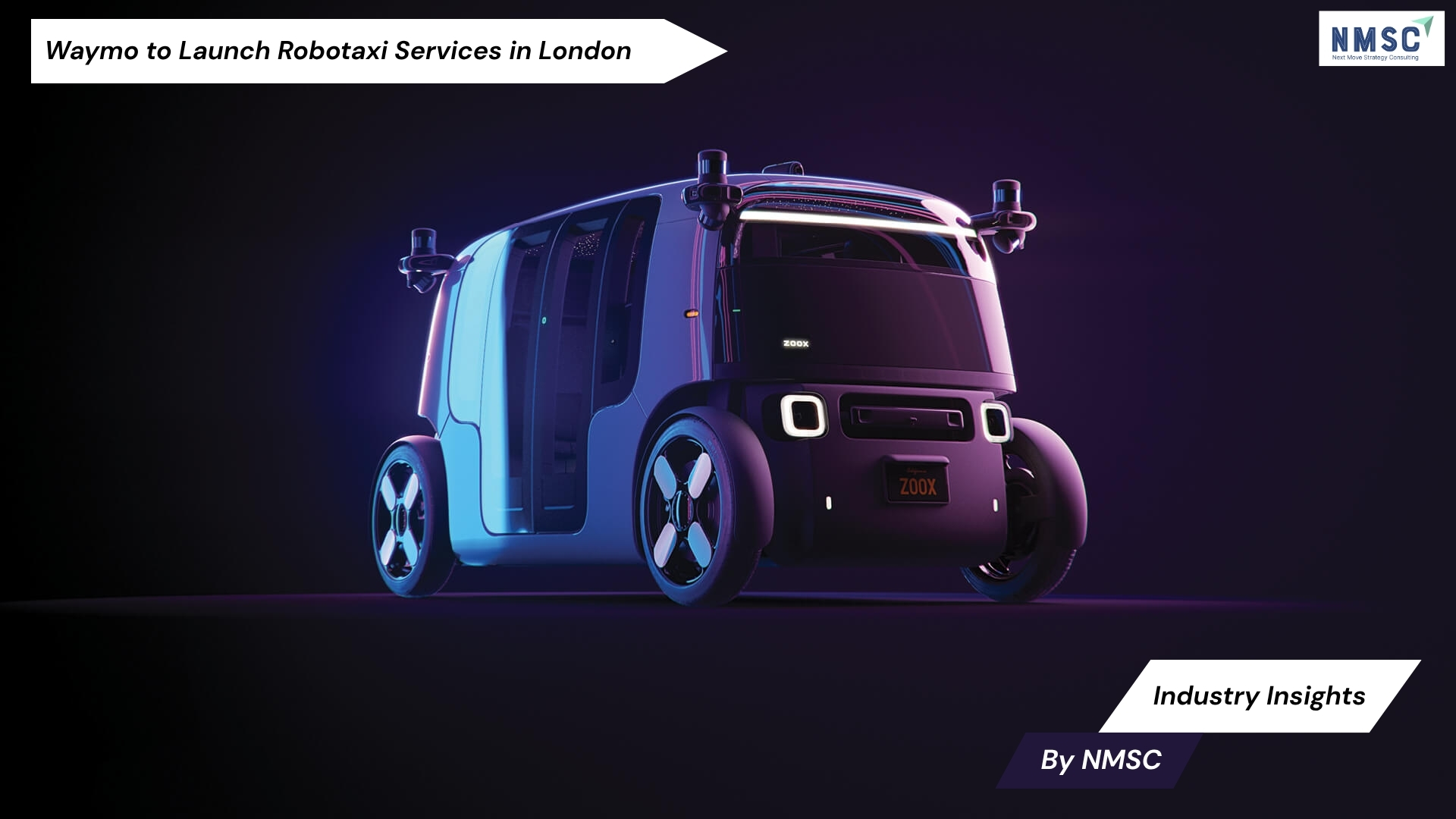Latin America Electric Vehicle (EV) Charging Market is expected to reach USD 225.9 million by 2030
Published: 2025-10-20
Growing Sale of EVs Increases the Demand for EV Charging Solutions
According to the Next Move Strategy Consulting, the Latin America Electric Vehicle (EV) Market is valued at USD 225.9 million in 2023, and is expected to reach USD 1124.8 million by 2030, with a CAGR of 26.4% from 2024 to 2030.
The LATAM EV Charging market is rapidly expanding, driven by diverse charging infrastructure solutions to support the growing adoption of electric vehicles.
With a focus on universal charging standards, the industry aims to simplify the charging experience and facilitate the efficient expansion of the charging network.
Increased investment from stakeholders, including vehicle OEMs, underscores the commitment to sustainable transportation and the seamless integration of electric vehicles into the automotive landscape, as projected by the Global Electric Vehicle Outlook 2022.
As the industry evolves, there's a concerted effort to establish a resilient charging network, addressing the needs of both individual consumers and fleet operators.
This strategic focus reflects the industry's dedication to overcoming challenges and capitalizing on opportunities in the ongoing development of essential EV charging infrastructure.
However, the Latin American EV charging sector encounters obstacles due to the significant upfront expenses associated with establishing fast-charging infrastructure and the absence of uniform standards, impeding the efficient and broad installation of charging stations.
On the contrary, the emergence of Vehicle-to-Grid (V2G) technology within EV charging stations offers a notable market prospect, facilitating dynamic energy interchange between electric vehicles and the power grid. This advancement augments functionality and reinforces electric vehicles' status as a favored transportation choice.
Moreover, the integration of IoT in EV charging infrastructure enables seamless connections between vehicles and stations, optimizing charging processes and offering remote management.
For instance, GreenV, a Brazilian startup, demonstrates this with 2,500 nationwide stations providing dynamic charging rates and remote control through KORE connectivity.
Request for a Sample PDF on the Latin America EV Charging Market
According to the report, leading players in the LATAM EV charging market include Leviton Manufacturing Co, TESLA, BP PLC (PULSE), ABB, EVB, EFACEC POWER SOLUTION, BLINK CHARGING CO., WALLBOX INC., EV BOX, Schneider Electric, Siemens, Enel X, Evesco, Weg S.A, Circontrol, and Others.
These market players are adopting strategies such as business expansion and partnership across various regions to maintain their dominance in the LATAM EV charging market.
For instance, in March 2024, Leviton Manufacturing Co., Leviton expanded its global EV charging product range with smart home and commercial charging systems. While no major Latin American project has been publicly confirmed, the company is positioned to enter regional markets as part of its global growth strategy.
Moreover, in March 2024, ABB Ltd., ABB expanded its charging operations in Latin America, launching fast and ultra-fast chargers across Brazil and Chile. The company also established new regional service units to support electrification and sustainability initiatives. ABB remains one of the most active players in developing high-capacity EV infrastructure in the region.
With a goal of 500 charging points by end-2024, this initiative addresses the growing EV market, aligning with Siemens' commitment to lead the trend of electromobility in Mexico and reduce transportation-related carbon emissions.
In addition, in January 2022, Enel X Way, Enel X inaugurated the first large-scale public EV charging station in Chile. By May 2024, the company opened another major charging hub with over 100 public chargers in Santiago. Enel X continues to expand urban and fleet charging infrastructure across Latin America, including projects in Colombia and Peru.
Furthermore, in October 2025, Weg S.A.,Brazilian-based Weg acquired a 54% stake in Tupi Mob, a domestic EV charging software and network operator, to enhance its regional capabilities. The company is also developing high-capacity EV chargers for both local and export markets, reinforcing its leadership in the Latin American charging sector.
Also, in October 2024, Tesla, Inc., Tesla officially launched its first two Supercharger stations in South America—one in Quilicura and one in Curauma, both in Chile. Further expansion across Latin America is anticipated around 2025–2026, with potential roll-out in countries such as Brazil and Colombia.
Key Insights from the LATAM EV Charging Market Report:
-
The information related to key drivers, restraints, and opportunities and their impact on the LATAM EV charging market is provided in the report.
-
The value chain analysis in the market study provides a clear picture of the role of each stakeholder.
-
The market share of the LATAM EV charging market players and their competitive analysis is provided in the report.
















Add Comment